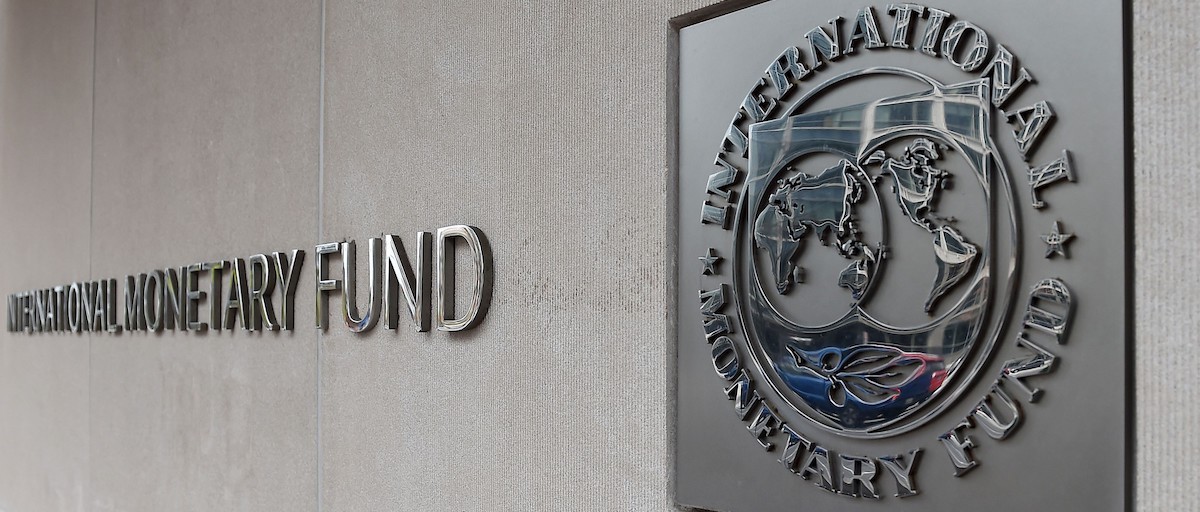IMF calls for decisive action in Zim
THE International Monetary Fund (IMF) on Wednesday called on Zimbabwe to take decisive action to stem long-running economic turbulences, and warned that a big debt overhang would jeopardise efforts to secure fresh bailouts.
Zimbabwe has struggled to secure bailouts from international lenders since the IMF pulled the plug over its failure to settle arrears in 1999.
Authorities have blamed Zimbabwe’s meltdown on lack of funding and a tough global embargo imposed by Western powers following a fall out over alleged human rights violations and violent land reform.
The economic crisis has escalated in the past few months, highlighted by rising inflation, foreign currency shortages and currency depreciation.
In a report released by a virtual Article 4 mission which ended on Tuesday, the IMF said: “Decisive actions are needed to lock in economic stabilisation gains and accelerate reforms. The near-term macroeconomic imperative is to continue with the close co-ordination among fiscal, exchange rate and monetary policies”.
The fund reiterated its position that while Zimbabwe had cleared debts owed to it, the country was precluded from fresh funding due to a high sovereign risk stemming out of an unsustainable debt burden estimated at over US$20 billion.
“The fund engages the authorities in close policy dialogue and provides extensive technical assistance in the areas of economic governance, fiscal policy and revenue administration, financial sector reforms, as well as macroeconomic statistics,” the IMF said.
“However, the IMF is precluded from providing financial support to Zimbabwe due to an unsustainable debt and official external arrears,” it added.
In September, Zimbabwe said it had made its first debt repayment to a group of creditor countries known as the “Paris Club” under a refreshed plan to clear up to US$10,7 billion owed to several multilateral funders.
This debt represents over 70% of the country’s gross domestic product (GDP).
The Paris Club is a group of major creditor countries whose role is to find co-ordinated and sustainable solutions to debt repayment difficulties experienced by debtor countries.
As debtor countries undertake reforms to stabilise and restore their macroeconomic and financial situations, Paris Club creditors provide an appropriate debt treatment.
These countries include Japan, the United States of America, Germany, the United Kingdom, Belgium and several others.
Zimbabwe had defaulted since 2001, after falling into a gruelling economic crisis, which saw inflation hitting a record 500 billion percent in 2008, with GDP falling by 50% during the decade ending December that year.-Newsday.co.zw











